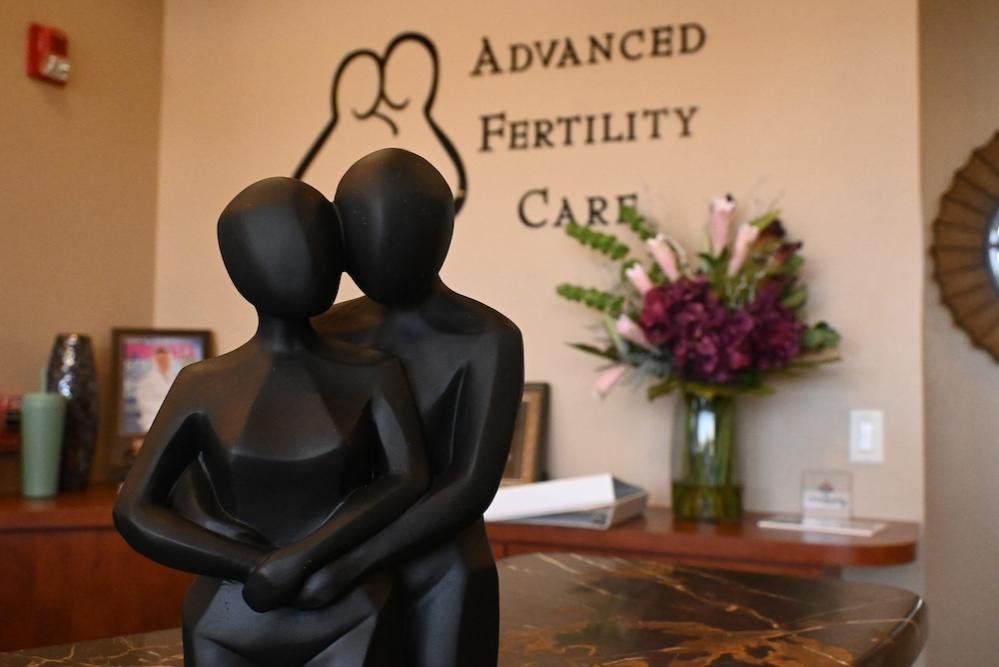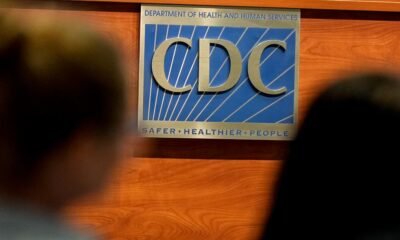Business
Religious Leaders Challenge IVF, Sparking Tension Among Infertile Churchgoers

On Christmas Day 2012, E-Beth Marshall and her husband faced a devastating turn of events. They had just shared the joyous news of their pregnancy, only to experience a heartbreaking miscarriage. This tragedy was the start of an agonizing journey through fertility treatments, with Marshall enduring seven miscarriages over 11 years.
Marshall’s path to parenthood included natural pregnancy attempts, intrauterine insemination, embryo transfers, and in vitro fertilization (IVF). Despite numerous efforts, each ended in loss. “Mine’s the story that everyone hopes they don’t have,” Marshall reflected somberly.
Religion initially offered comfort, but Marshall and her husband struggled with their Catholic Church’s stance on IVF, which it deems “immoral.” Choosing personal faith over institutional doctrine, Marshall’s mother-in-law advised them to follow where they felt guided. This helped the couple navigate their difficult choices.
Religious objections to reproductive technologies are growing. In June, the Southern Baptist Convention voted against IVF, citing concerns over embryo creation and experimentation. Anthony Cox, pastor at Mercy Hill Church, explained their view: “Southern Baptists want to affirm the dignity and value of every human life, no matter what stage of development.”
Cox emphasized the importance of considering the ethical implications of reproductive technologies. “Just because we can do something doesn’t mean we want to or should do something,” he noted, urging a pause to reflect on the impact on human life.
IVF involves harvesting and fertilizing eggs outside the uterus, often resulting in excess embryos. For many religious leaders, the potential destruction of these embryos raises ethical issues. Cox stressed, “That carries with it ethical implications that we need to lean into wrestling.”
Estimates of frozen embryos in the U.S. range from 600,000 to 1.5 million. Religious leaders are concerned about genetic testing and manipulation in IVF, fearing it leads to the “commodification of life.”
Marshall, now the executive director of Advanced Fertility Care, argues that decisions about embryo testing should remain personal. She chose not to perform genetic tests on embryos, viewing it as a personal boundary. “Other people might have genetic diseases and choose to test; that’s their decision with their doctor,” she said.
Although religious resolutions like those from the Southern Baptists hold no legal weight, they can affect churchgoers emotionally. Marshall and her husband stopped attending church during their fertility struggles due to the constant reminder of their own challenges.
Reproductive technologies, particularly IVF, have been crucial for many. According to a 2023 Pew Research Center survey, over 40% of Americans know someone who has received fertility treatments. Marshall advocates for seeing infertility as a medical condition requiring appropriate treatment.
The legality of IVF came under scrutiny when the Alabama Supreme Court ruled that embryos created through IVF should be considered human lives. This ruling caused several clinics to pause treatments, spreading concern even to Arizona. Some patients transferred embryos out of state to avoid potential legal issues.
Arizona Attorney General Kris Mayes reassured the public that IVF remains legal in the state. Dr. Frederick Larsen, a physician at Advanced Fertility Care, is confident of ongoing public support for fertility treatments. “The public at large has no interest in limiting fertility treatment options,” he stated.
Marshall stressed the importance of political awareness regarding reproductive rights. “We just have to be diligent to ensure access to treatment isn’t limited,” she warned. Larsen added that public input is crucial and anticipates outcry against restrictions.
Christian doctrinal interpretations that life begins at conception fuel some opposition to IVF. Cox explained, “We affirm that human beings have an inherent right to life and should reach their full development maturity.”
Marshall contended that criminalizing IVF would diminish the hope such technologies provide. “An embryo in a petri dish is a chance, a hope,” she said poignantly. “But there is no guarantee that it is life.”


















